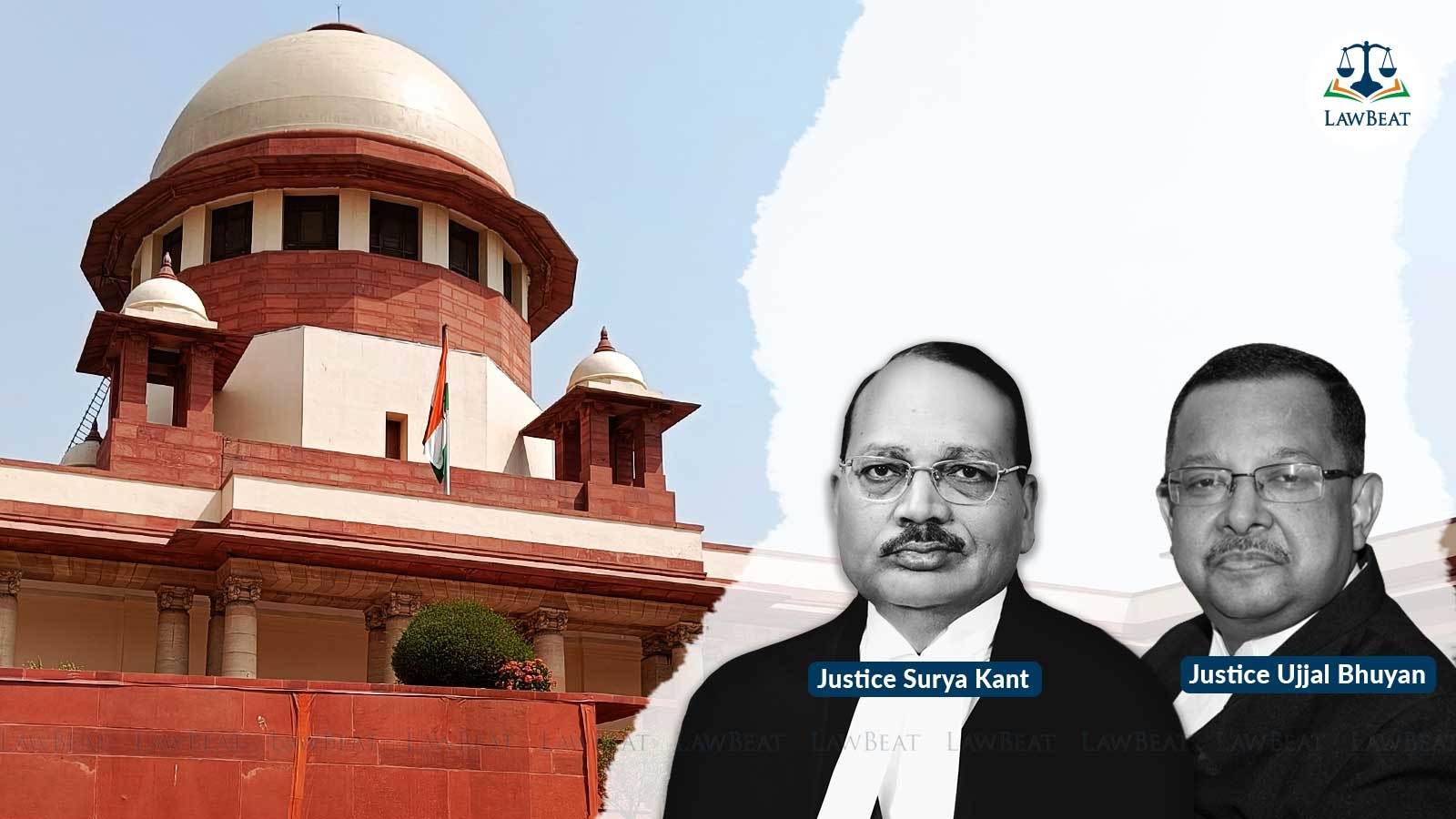Right to maintenance as fundamental right overrides other claimants under SARFAESI Act, IBC: SC

SC said the charge of arrears of maintenance, payable to the respondents, shall have preferential right over the assets of the appellant, over and above, the rights of a secured creditor or similar right holders, under any recovery proceedings
The Supreme Court recently observed that the right to maintenance for a woman and her children is equivalent to a fundamental right and will have an overriding effect on claimants encompassed within the Securitization and Reconstruction of Financial Assets and Enforcement of Securities Interest Act, 2002, the Insolvency and Bankruptcy Code, 2016, or similar such laws.
Holding the tentative maintenance decided by it previously as "just and fair" for the sustenance of the wife and children, the bench modified the High Court's order to the extent that the respondent-wife was held entitled to maintenance at the rate of Rs 50,000 per month from the date of the order passed by the High Court.
